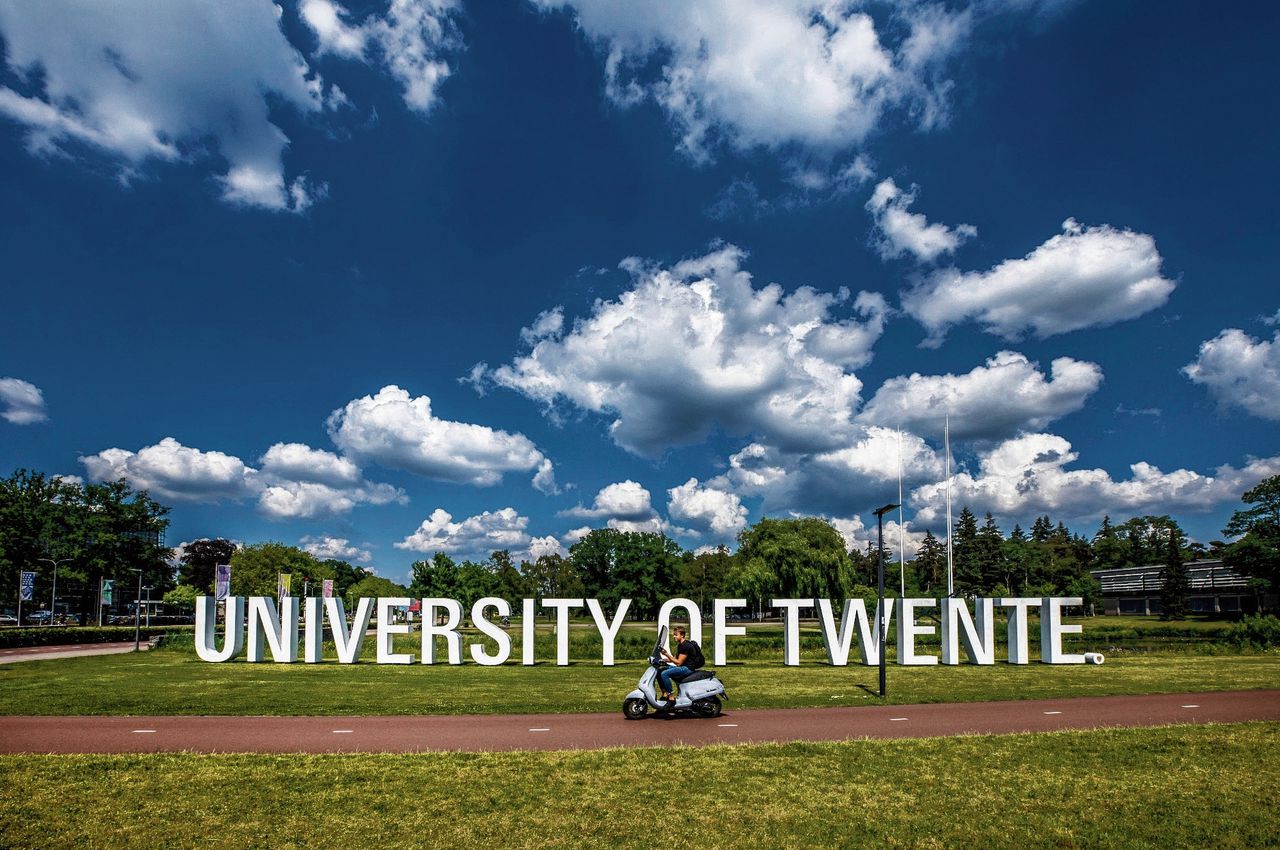For many companies, the University of Twente is an important breeding ground for innovation. The university includes several research centres that use their expertise for companies to take the next step or force a breakthrough.
Working together with companies is an essential component of this. After all, today’s students are tomorrow’s professionals. Apart from contact with (semi-) government authorities, alumni and other universities, the UT maintain intensive contact with their industrial partners, both national and international ones. As an entrepreneurial university, they feel it is vitally important to support and promote entrepreneurship at every level. The spin-offs and student enterprises regularly develop into successful companies. What’s more, the UT offer companies the possibility of using their high-tech (knowledge) facilities as well as using the UT in other ways, e.g. as partners in education and in research.
Integrated Circuit Design
Important for the ChipTech Twente community is the faculty Electrical Engineering. Integrated Circuit Design is one of the main groups. The main subject of this education and research program is the design of analog and mixed-signal integrated circuits, with a focus on CMOS Transceivers. Due to many contacts and research contracts with industry, and the part-time position of some staff members in industry, the industrial relevance of the research program and the knowledge transfer is high. Prof.Dr.Ir. Bram Nauta is the chairmain of the ICD-group and one of the leading professors of Europe in his field.
Look at his scientific profile and learn more about his research.
THESE RESEARCH CENTRES CAN HELP YOU TAKE THE NEXT STEP IN INNOVATING
1. Mesa+ Nanolab
One of the most advanced laboratories in the world for nanoscale research. Everything here revolves around stability, control and safety. The Mesa+ Nanolab includes a cleanroom with a low-vibration floor, a Complex Oxide Materials system, a Transmission Electron Microscope and a Scanning Electron Microscope.
2. Bionanolab
The Bionanolab is intended for research into cell analysis, protein structures and membranes. The equipment with microscopic and spectroscopic techniques is kept in a conditioned room. In addition, there is a so-called ML-II laboratory with a cell analysis system.
3. Virtual Reality Lab
The Virtual Reality Lab is equipped with the newest techniques for visualisation and interaction. These are used to support decision-making in multidisciplinary design processes. In the VR Lab, you experience and evaluate your future situations and products. The emphasis is on visualising the consequences of choices. Insight into mutual relationships and dependencies between different disciplines are also discussed.
4. Technical Medical Centre
The Technical Medical Centre (TMC) is a centre for medical innovation through research and education in the area of technology and medicine. Among other things, TMC has an intensive care and operating room with the state-of-the-art simulation technology for training at its disposal. Also, the facilities are suitable for conducting human-related investigations and testing new medical technology.
5. Supersonic wind tunnel
The Engineering Fluid Dynamics department has various wind tunnels for aerodynamic and aeroacoustic research. With a maximum speed of 250 km/h, this tunnel is very suitable for measuring aerodynamics and noise from wind turbine blades and automotive applications. The current can be visualised with smoke and video techniques.
6. DesignLab
In the DesignLab, researchers and student from different disciplines design solutions for issues that go beyond pure technology. They can immediately test their concept or prototype using, for example, a 3D printer or virtual reality glasses. Not only researches from the university come up with issues; companies, governments, and civil society organisations also contribute research topics.
7. BMS LAB
BMS LAB is the faculty lab of the Behavioural, Management and Social Sciences (BMS) faculty. The lab is a catalyst for high-quality and innovative research and societal challenges. BMS LAB has over 400 square metres of facilities with spaces in Cubicus and the DesignLab. Various setups are possible for research, education, and use by third parties. This is possible because rooms can be rearranged easily and through combining equipment, software and know-how. Tech support is available in several generic and specialised areas, such as behavioural research, virtual reality and physiological measurements. In addition, high-quality (measuring)equipment is available for measurements and experiments. The lab also advises researchers and external organisations and offers computing capacity and software solutions.
8. ThermoPlastic Composite Research centre
ThermoPlastic Composite Research Centre (TPRC), a joint venture between industrial parties (Boeing, TenCate, Stork Fokker) and the University of Twente, researches thermoplastic composites. These lightweight materials are being used on an increasingly large scale in the aircraft and automotive industry. The TPRC laboratory is located on the site of the UT.
9. LEO-centre for Service Robotics
The LEO-Centre for Service Robotics develops robot technology for healthcare. These are computer-controlled aids that can be used in surgeries, rehabilitation and other forms of healthcare. The applicability in practice is paramount in the test and development laboratories. LEO is a collaboration between knowledge institutions and market parties.
10. Fraunhofer Innovation Platform for Advanced Manufacturing
The Fraunhofer Innovation Platform for Advanced Manufacturing at the University of Twente (FIP-AM@UT) is a research centre that works with manufacturers to develop innovative and integrated solutions to support and strengthen both the manufacturing industry and society. The focus is on applied research in Advanced Manufacturing with the main objective to make leading applied research, which is always scientifically underpinned, accessible to the industry and to promote technological progress by working together and in project form towards results.
More information about research and education, go to the website of the University of Twente.


